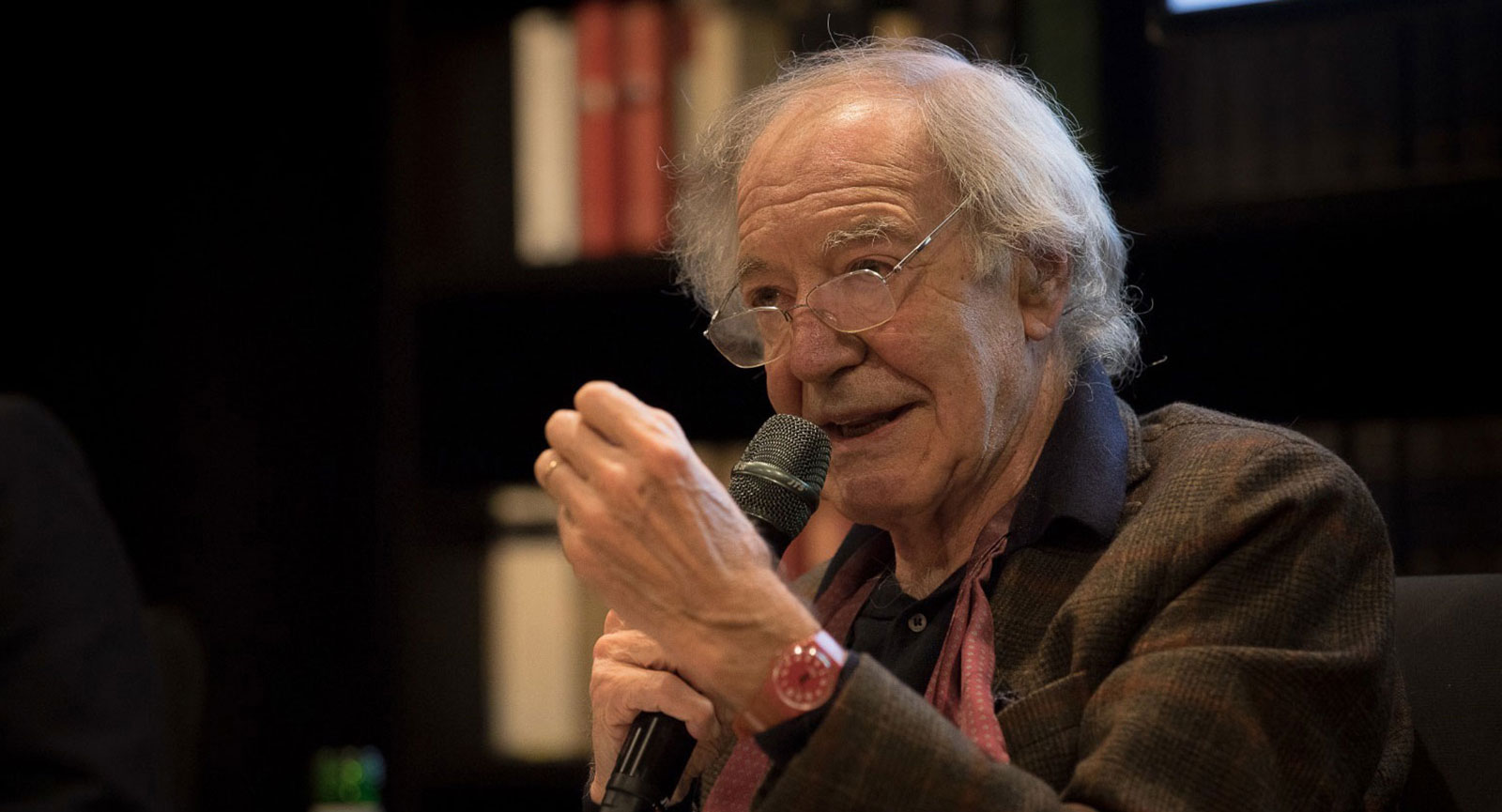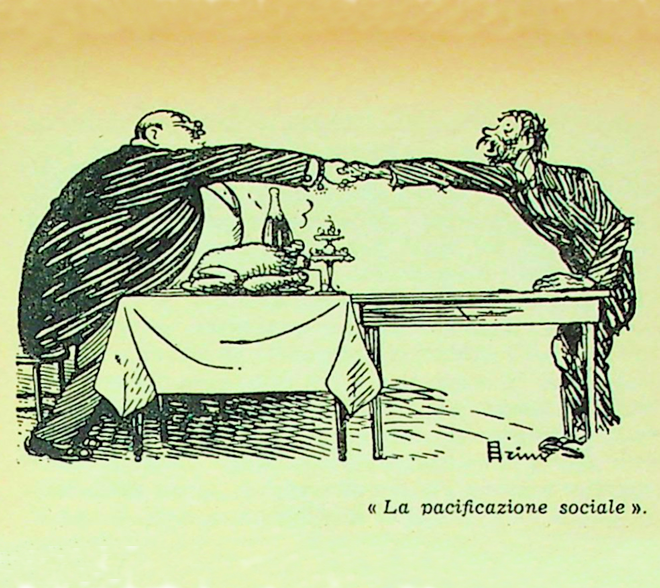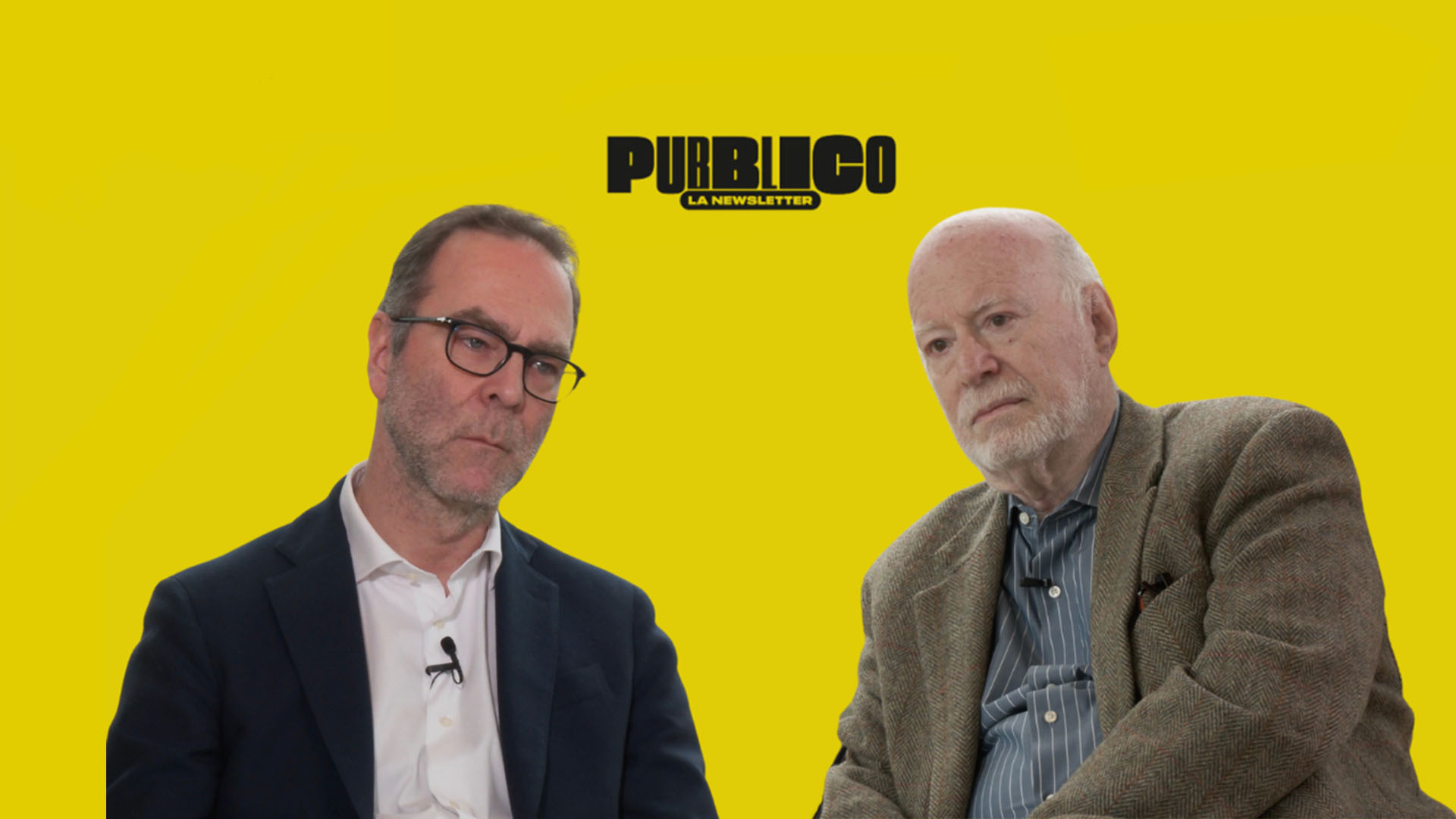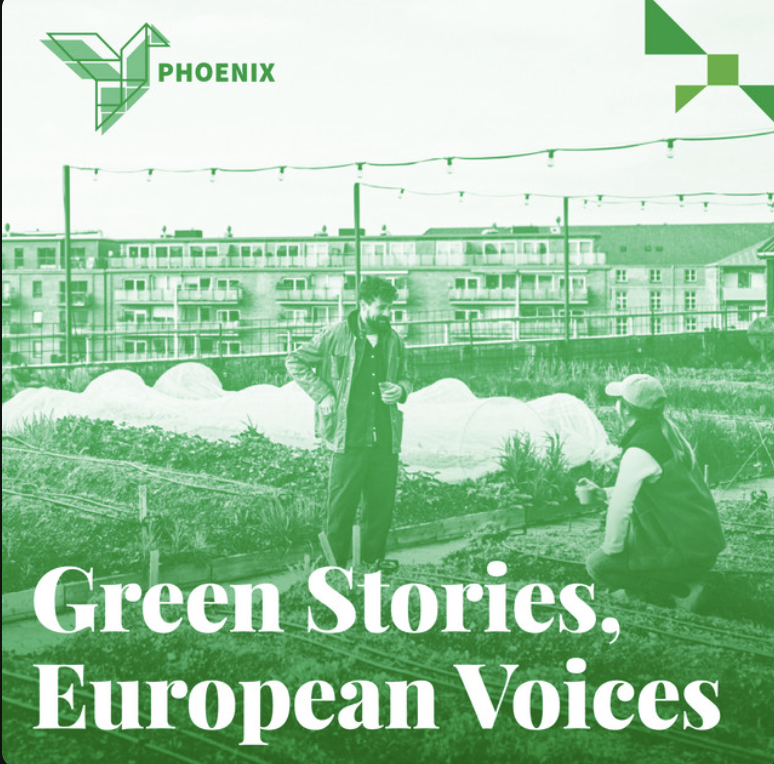Fondazione Giangiacomo Feltrinelli is one of the partners of the 6-year research project SOLID, funded by the European Research Council. The project’s leading institutions are Università degli Studi di Milano, the European University Institute and the London School of Economics.
SOLID is the result of the synergies which brought together prof. Maurizio Ferrera, Professor of Political Science at Università degli Studi di Milano, Hanspeter Kriesi, Professor of Political Science and Stein Rokkan Chair at the European University Institute and Prof. Waltraud Schelkle, Professor in Political Economy at the London School of Economics.
The last decade has been a decennium horribile for the EU as it was hit by a series of policy crises that stressed its institutions to breaking point. These crises have added up and escalated into a deep political crisis which has shaken the EU’s very foundations. Even so, the Union has proven to be resilient and made significant institutional advances, such as the banking union. This project is interested in explaining how crisis and resilience can go together. It will study the political crisis through the lens of a coalition-centered approach.
Upcoming events
The new priority? Public opinion, politics, and policies in the age of climate change | 12 maggio
About
In December 2022 the SOLID project and the SPStrend project conducted two surveys in 7 countries (France, Germany, Italy, Poland, United Kingdom, Spain, Sweden, Hungary) to study the attitudes and preferences of European citizens on the risks of climate change , the impact of the green transition on welfare systems and preferences towards eco-social policies.
To discuss the results of the surveys, the research groups organized a workshop scheduled for May 12 at the State Department of Social and Political Sciences.
Agenda for the Brexit: Workshop | 5 Aprile 2022
About
The Brexit crisis of the European Union continues to puzzle integration theorists. Functionalist analyses have not only failed to predict the UK’s exit from the EU, but also underestimated the disintegrative dynamics of the withdrawal negotiations. By contrast, postfunctionalism can account for the Brexit process, but struggles with explaining the cohesion it has produced among the EU-27. This workshop tries to make sense of Brexit conceptually and theoretically.
Agenda for the SOLID: General meeting | 6 April 2022
About
One of the surprising features of the Brexit saga has been the united front that the EU27 have presented to the UK government during the negotiations over the terms of exit and future relationship.
What made this ‘membership crisis’ different? This meeting updates the literature on the Brexit negotiations.
Agenda for the SOLID: General meeting | 7 April 2022
About
What are the differences and similarities between the EU and member states territorial crises? Were these political divorce demands, from the EU and from a member state, comparable?
This meeting aims to answer these questions using qualitative and quantitative data from the UK and Catalonia to compare these cases of break-away demands testing the main explanations of secessionism at individual and group levels.










